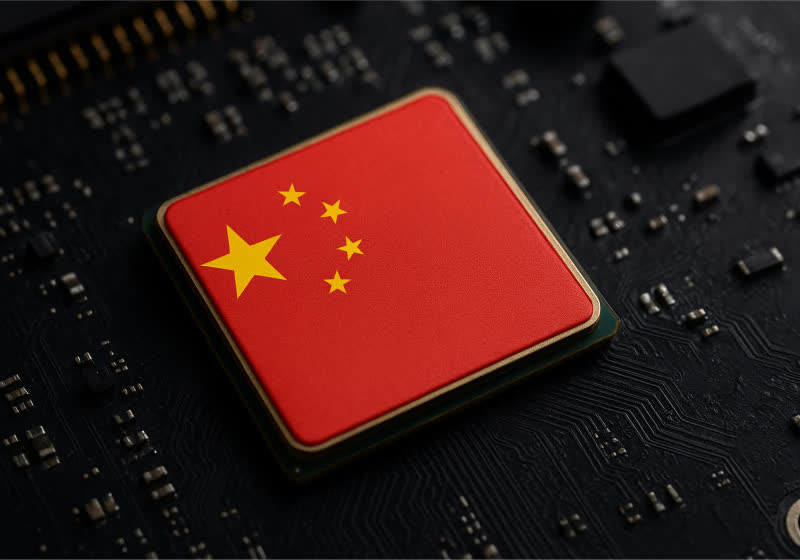China Offers Cheaper Power to Local AI Firms Ditching NVIDIA Chips
PositiveArtificial Intelligence

China Offers Cheaper Power to Local AI Firms Ditching NVIDIA Chips
China is making waves in the AI industry by offering cheaper power to local firms that are moving away from NVIDIA chips. This shift not only supports domestic technology development but also enhances competition in the AI market, potentially leading to more innovation and lower costs for consumers. As local companies embrace this change, it could reshape the landscape of AI technology in China and beyond.
— via World Pulse Now AI Editorial System






